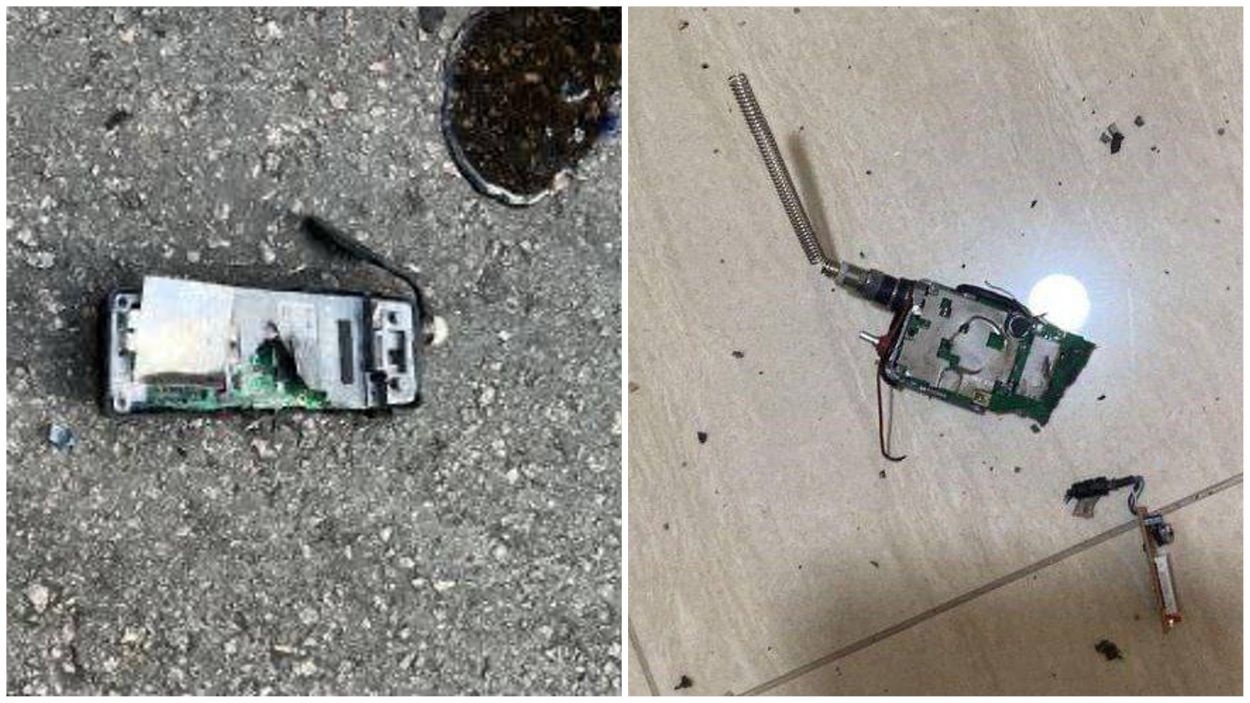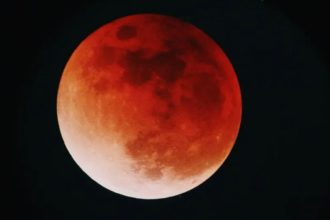Hand-held radios used by the armed group Hezbollah exploded across southern Lebanon on the deadliest day since fighting with Israel resumed nearly a year ago. The blasts stoked tensions following similar explosions of Hezbollah’s pagers the previous day.
The Health Ministry of Lebanon reported 20 fatalities and over 450 injuries on Wednesday in Beirut’s suburbs and the Bekaa Valley. The death toll from Tuesday’s explosions reached 12, including two children, with nearly 3,000 injured.
While Israeli officials have not commented, security sources attribute the blasts to Israel’s Mossad. A Hezbollah official described the incident as the group’s most significant security breach.
These operations, amid Israel’s ongoing war in Gaza, have heightened fears of escalation along the Lebanese border and the potential for a wider regional conflict.
Israeli Defence Minister Yoav Gallant announced the start of a new war phase, emphasizing the need for courage and perseverance.
Jordan’s Foreign Minister, Ayman Safadi, accused Israel of pushing the region toward war by escalating tensions on multiple fronts.
The U.S., denying involvement, is engaged in intensive diplomacy to prevent further escalation. An anonymous U.S. official revealed that Israel had informed Washington of an impending operation in Lebanon, details of which were not disclosed.
On Wednesday, a blast occurred near a Hezbollah-organized funeral for the previous day’s victims. A Reuters reporter observed Hezbollah members removing batteries from unexploded walkie-talkies, discarding them to avoid Israeli surveillance.
Lebanon’s Red Cross dispatched 30 ambulance teams to the blast sites, including southern Lebanon and the Bekaa Valley.
The exploded devices bore the label of the Japanese company ICOM and resembled its discontinued model IC-V82.
ICOM is investigating the incident and has emphasized that its exports comply with Japan’s security trade control regulations. The company also warned of counterfeit versions of its discontinued models.
Hezbollah had purchased the hand-held radios about five months ago, coinciding with the acquisition of the pagers.
Sources indicate that Israeli spies remotely detonated explosives planted in a Hezbollah order of 5,000 pagers before they entered Lebanon. The U.N. Security Council is set to discuss the pager blasts following a request by Arab states.
Iran’s ambassador in Lebanon was injured in Tuesday’s blasts, with severe damage to his eyes, as reported by Fars news agency and the New York Times.
Read: Lebanese Envoy Labels Pager Explosions as “War Crime” at UNGA
Iran’s U.N. envoy asserted the country’s right under international law to respond to the attacks.
In retaliation, Hezbollah launched rockets at Israeli artillery positions on Wednesday, marking its first response to the blasts. The Israeli military reported no damage or casualties.
Mohanad Hage Ali of the Carnegie Middle East Center in Beirut noted that while Hezbollah aims to avoid full-scale war, the severity of the situation may compel a stronger response.
The ongoing conflict has raised concerns of a broader Middle East war, potentially involving the U.S. and Iran. This escalation complicates mediation efforts for a Gaza ceasefire involving Egypt, Qatar, and the U.S. The White House’s John Kirby stated that assessing the blasts’ impact on ceasefire negotiations was premature.
Hezbollah vowed continued support for Hamas in Gaza, warning Israel to expect a response to the pager “massacre.” A Hamas delegation visited the blast victims in Lebanese hospitals, as reported by the Lebanese state news agency NNA.






